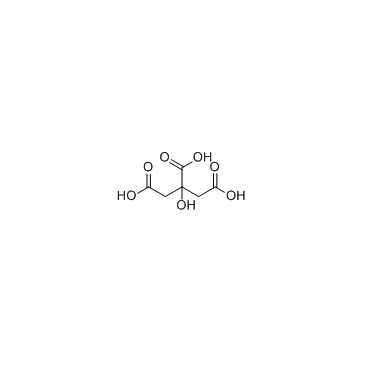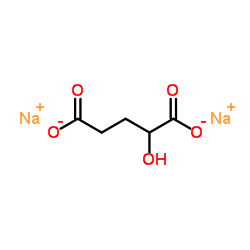The American Journal of Human Genetics
2013-04-04
Deficiency in SLC25A1, encoding the mitochondrial citrate carrier, causes combined D-2- and L-2-hydroxyglutaric aciduria.
Benjamin Nota, Eduard A Struys, Ana Pop, Erwin E Jansen, Matilde R Fernandez Ojeda, Warsha A Kanhai, Martijn Kranendijk, Silvy J M van Dooren, Marianna R Bevova, Erik A Sistermans, Aggie W M Nieuwint, Magalie Barth, Tawfeg Ben-Omran, Georg F Hoffmann, Pascale de Lonlay, Marie T McDonald, Alf Meberg, Ania C Muntau, Jean-Marc Nuoffer, Rossella Parini, Marie-Hélène Read, Axel Renneberg, René Santer, Thomas Strahleck, Emile van Schaftingen, Marjo S van der Knaap, Cornelis Jakobs, Gajja S Salomons
文献索引:Am. J. Hum. Genet. 92(4) , 627-31, (2013)
全文:HTML全文
摘要
The Krebs cycle is of fundamental importance for the generation of the energetic and molecular needs of both prokaryotic and eukaryotic cells. Both enantiomers of metabolite 2-hydroxyglutarate are directly linked to this pivotal biochemical pathway and are found elevated not only in several cancers, but also in different variants of the neurometabolic disease 2-hydroxyglutaric aciduria. Recently we showed that cancer-associated IDH2 germline mutations cause one variant of 2-hydroxyglutaric aciduria. Complementary to these findings, we now report recessive mutations in SLC25A1, the mitochondrial citrate carrier, in 12 out of 12 individuals with combined D-2- and L-2-hydroxyglutaric aciduria. Impaired mitochondrial citrate efflux, demonstrated by stable isotope labeling experiments and the absence of SLC25A1 in fibroblasts harboring certain mutations, suggest that SLC25A1 deficiency is pathogenic. Our results identify defects in SLC25A1 as a cause of combined D-2- and L-2-hydroxyglutaric aciduria.Copyright © 2013 The American Society of Human Genetics. Published by Elsevier Inc. All rights reserved.
相关化合物



